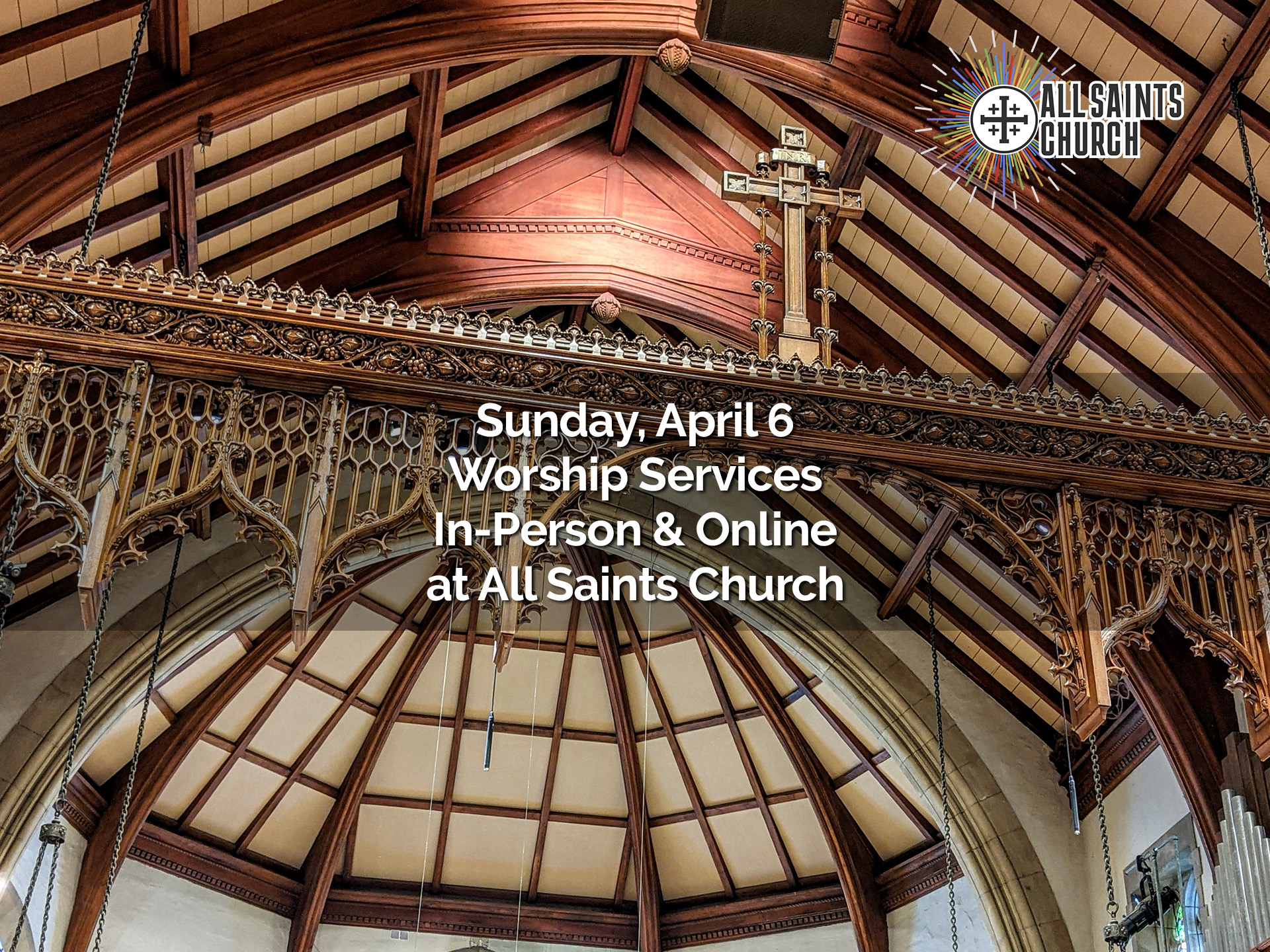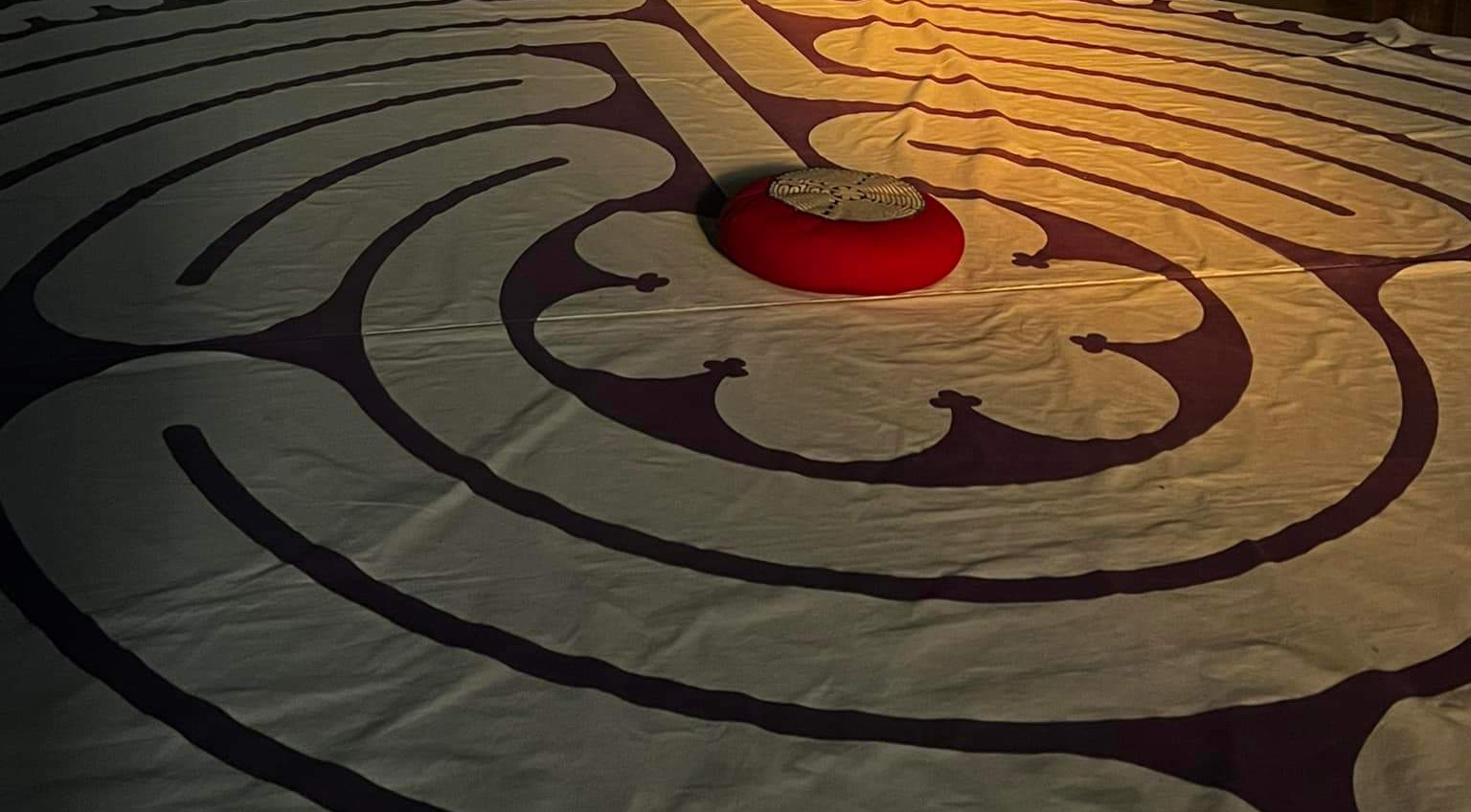The Gospel isn’t meant to be gulped down on Sunday morning, but gnawed on through the week so it really becomes a part of us. You’ve got to work at it, like a dog with a good bone! Here’s the Gospel for this coming Sunday — the Third Sunday of Advent — with this challenge: “What God calls us to do is freely admit “I am not the Messiah” – and then go out to the margins and wait with whomever we find there for her to arrive.”
John 1:6-8, 19-28
There came one named John, sent as an envoy from God, who came as a witness to testify about the Light, so that through the testimony everyone might believe. He himself wasn’t the Light; he only came to testify about the Light – the true Light that illumines all humankind.
Now the Temple authorities sent emissaries from Jerusalem – priests and Levites – to talk to John. “Who are you?” they asked.
This is John’s testimony: he didn’t refuse to answer, but freely admitted, “I am not the Messiah.”
“Who are you, then?” they asked. “Elijah?”
“No, I am not,” he answered.
“Are you the Prophet?”
“No,” he replied.
Finally they said to him, “Who are you? Give us an answer to take back to those who sent us. What do you have to say for yourself?”
John said, “I am, as Isaiah prophesied, the voice of someone crying out in the wilderness, ‘Make straight our God’s road!’”
The emissaries were members of the Pharisee sect. they questioned him further: “If you’re not the Messiah or Elijah or the Prophet, then why are you baptizing people?”
John said, “I baptize with water because among you stands someone whom you don’t recognize – the One who is to come after me – the strap of whose sandal I am not worthy even to untie.”
This occurred in Bethany, across the Jordan River, where John was baptizing.
The Backstory – What’s Going On Here?
No … it’s not deja vu. This week the lectionary ping-pongs us back to John for a reading that is very similar (in some cases word-for-word) from the reading from Mark last week.
It’s a strange edit that leaves out the key player. John came “as a witness to testify to the light.” But what light? To fully understand that, you need to have read the first five verses:
“In the beginning there was the Word; the Word was in god’s presence, and the Word was God. The Word was present to God from the beginning. Through the Word all things came into being, and apart from the Word nothing came into being that has come into being. In the Word was life, and that life was humanity’s light – a Light that shines in the darkness, a Light that the darkness has never overtaken.”
John’s Gospel was written after the destruction of the Temple … and the question that drives it is “where does God reside now that the Temple is gone?” John’s answer is … in the presence of Christ, which resides in the community gathered in his name. Light in darkness, liberation out of slavery—this isn’t just the story of the incarnation … it’s the story of the church in the world.
A few things to chew on:
*The priests and Levites keep asking John who he is … and John doesn’t tell them. Why? Because who he is isn’t important. John’s whole purpose is to point to Jesus, to testify to the Light. What a wonderful vision for us
as the church! We are not here so people will think All Saints Church is fantastic … we are here to testify to the light. We are here so that God may be praised and Jesus may be followed and light can be brought to
the darkness of the world. The energy we spend worrying about ourselves only serves to detract from this mission. Whom have we brought closer to Christ this week?
*”Why are you baptizing?” Baptism is about incorporating into a community. The priests and Levites’ question of John is all about who has the authority to determine who is in and who is out. And John’s answer is telling of who we all are as a Christian community. John says, “I baptize with water … but a greater one is coming.” The baptism of John … who John thinks should be in and out … is inconsequential. The only important question is, “Whom would Jesus welcome?” How do we answer that question?
Try This:
One voice crying. I’m not sure there are many things that are more intimidating than feeling like ONE voice crying. Like it’s your voice against the crowd. And yet that is who John the Baptist was … ONE voice.
Isolation has a way of silencing us. Its why systems rarely change. Yet our call is the same as John the Baptist’s … to be just one voice crying “prepare the way of the Lord.”
This week, spend 10 minutes each morning with this question: “Where is Jesus trying to break through into life around me?” Maybe it’s in your home, at school, at work or at All Saints Church. “Where is Jesus trying to break through into life around me?” Then consider – and take to God in prayer – how you might be one voice that is crying “prepare the way.” That out of love for the people and love for Jesus raises the possibility that something new is happening … that Christ is coming.
Write This
“He came as a witness to testify to the light, so that all might believe through him. He himself was not the light, but he came to testify to the light.”
Witness. Testify. John’s uses courtroom language to describe John the Baptist.
In a courtroom, a witness testifies to that which they have personal knowledge. Hearsay is inadmissible as evidence. What have you seen? What do you know? These are the important questions.
We, like John, are not the light … but we are called to testify to the light that is Christ. So the questions of the witness are the ones we need to be asking and answering ourselves.
Where have we seen Jesus?
What do we know of Jesus?
How have we come to believe in God through Jesus?
This week in your journaling, consider these questions. How would you answer them today? How would you have answered them in the past? How are your answers changing?
I am not the Messiah – Thank God!
This is John’s testimony: he didn’t refuse to answer, but freely admitted, “I am not the Messiah.”
Fr. Greg Boyle, who has spent much of his life living, working and loving among gang members in Los Angeles, says the most significant clarifying event in that ministry happened about six years in. He says:
“I had mistakenly tried to ‘save’ young men and women trapped in gang life. But then, in an instant, I learned that saving lives is for the Coast Guard. Me wanting a gang member to have a different life would never be the same as that gang member wanting to have one. I discovered that you do not go to the margins to rescue anyone. But if we go there, everyone finds rescue.”
Fr. G had learned the lesson of John the Baptist.
John the Baptist went out onto the margins – out into the wilderness – and lots of people came out there with him. Many came looking for a Messiah and it would have been the easiest thing in the world for John to fall into the trap of trying to play that role. Of trying to save them.
But John had the presence of mind to know the truth. That he wasn’t the Messiah. What he had to offer wasn’t saving anyone. What he had to offer was that he was willing to go out into the wilderness – that dangerous and raw place to which the most marginalized people were relegated. What John had to offer is that he would go out there and be with those people as those people – wearing strange clothes and eating locusts and wild honey.
What John had to offer is a message:
It’s not about me. And it’s not about you. But if we wait here together, Jesus will show up. And Jesus will change everything.
That’s what Fr. G found on the streets of our city. It’s never about us. And it’s certainly not about us saving anyone. But if we go to the margins. If we go to the places of deep brokenness and hang out. If we go there and wait there together, Jesus will show up. And Jesus will change everything.
When Fr. G was here at All Saints Church on Monday night, he talked about how he is often asked by fellow Christians whether he brings gang members to Jesus. And his answer is always the same. “I don’t bring them Jesus, but if I pay attention, a lot of times they bring Jesus to me.”
It is what Teilhard de Chardin calls “the slow work of God,” where you have to wait and wait and wait and then, in ways that often surprise and even confuse, Jesus appears.
We live in a world where we are told success and power and value mean being able to have the right answer, being able to solve every problem, being able to be the “right person for the job.” We are told that we are supposed to be the Messiah, and if we know we are not, we are encouraged to fake it.
Thank God for people like John the Baptist and Fr. G., who despite all the people’s attempts to the contrary to turn them into the Messiah, remind us that job has already been filled so we don’t have to.
That what God calls us to do is freely admit “I am not the Messiah” – and then go out to the margins and wait with whomever we find there for her to arrive.
. . . . . . . . . . . . . . . . . . . . . . .
Check out the rest of Sunday’s readings
The Lectionary Page has all of the readings for this Sunday and every Sunday – just click here.
Collect for Sunday: Pray this throughout the week as you gnaw on this Gospel.
Stir up your power, O Lord, and with great might come among us; and, because we are sorely hindered by our sins, let your bountiful grace and mercy speedily help and deliver us; through Jesus Christ our Lord, to whom, with you and the Holy Spirit, be honor and glory, now and for ever. Amen.
Want to read more?
“The Text This Week” is an excellent online resource for anyone who wants to dive more deeply into the scriptures for the week.
. . . . . . . . . . . . . . . . . . . . .
Gnaw on This is a weekly publication by All Saints’ Rector Mike Kinman.



